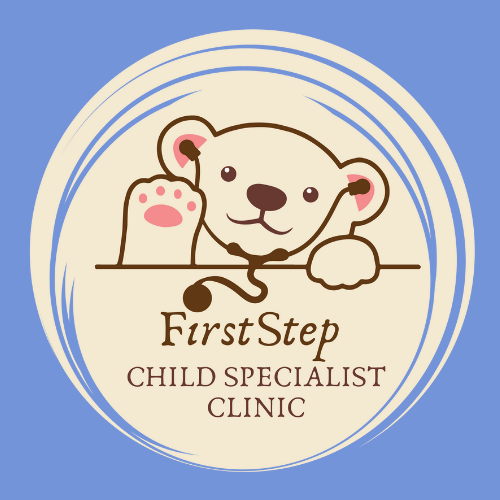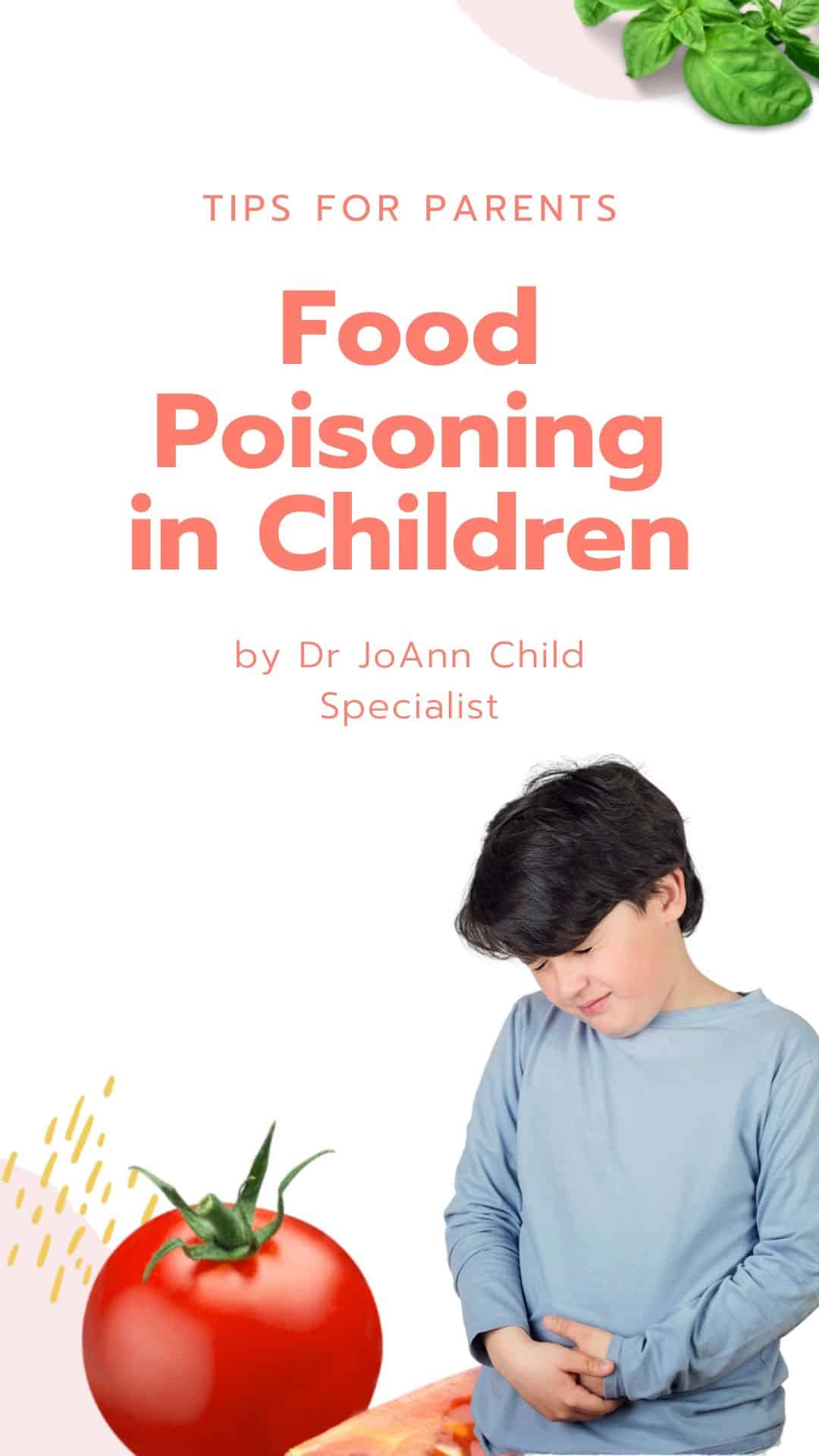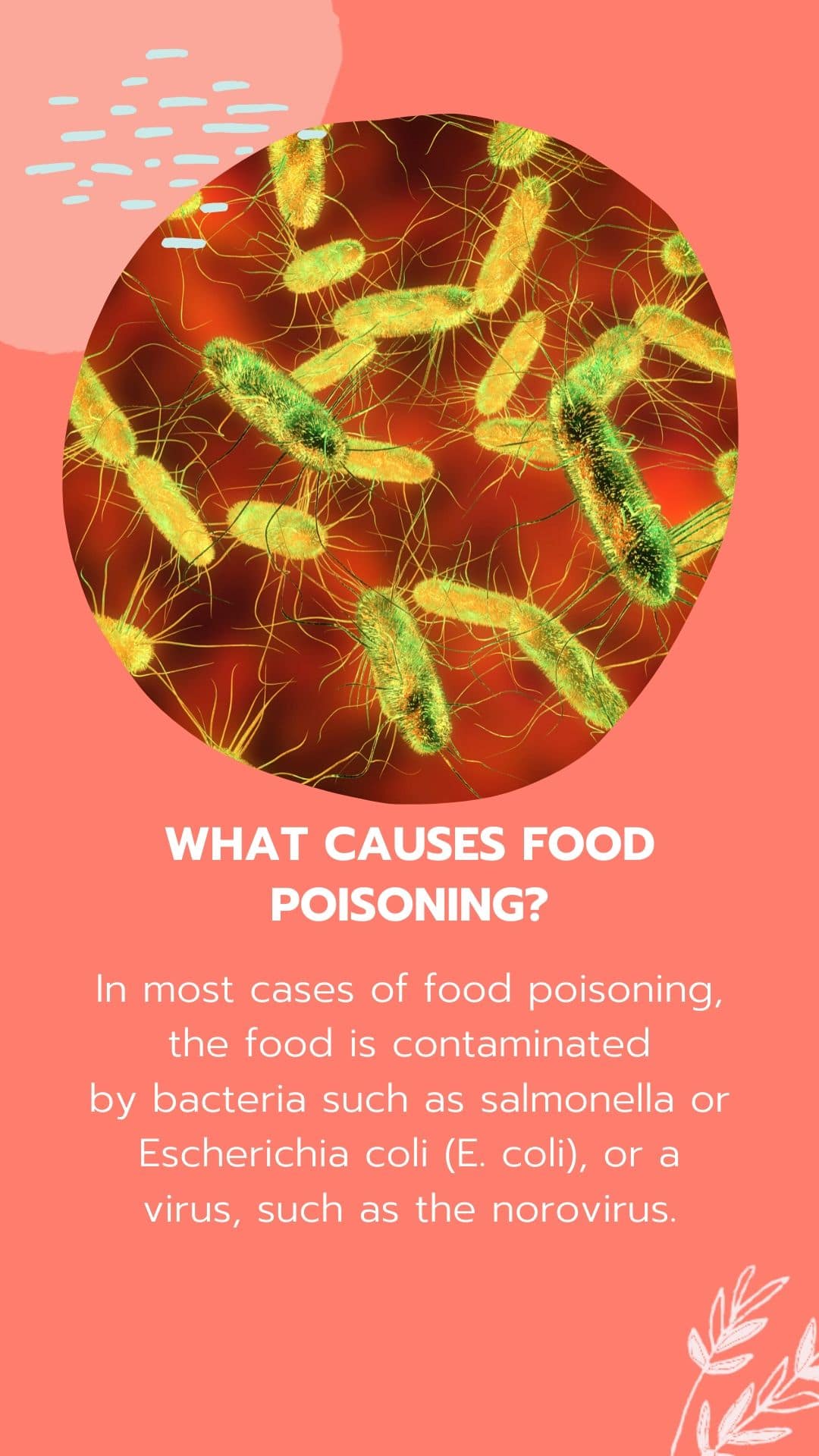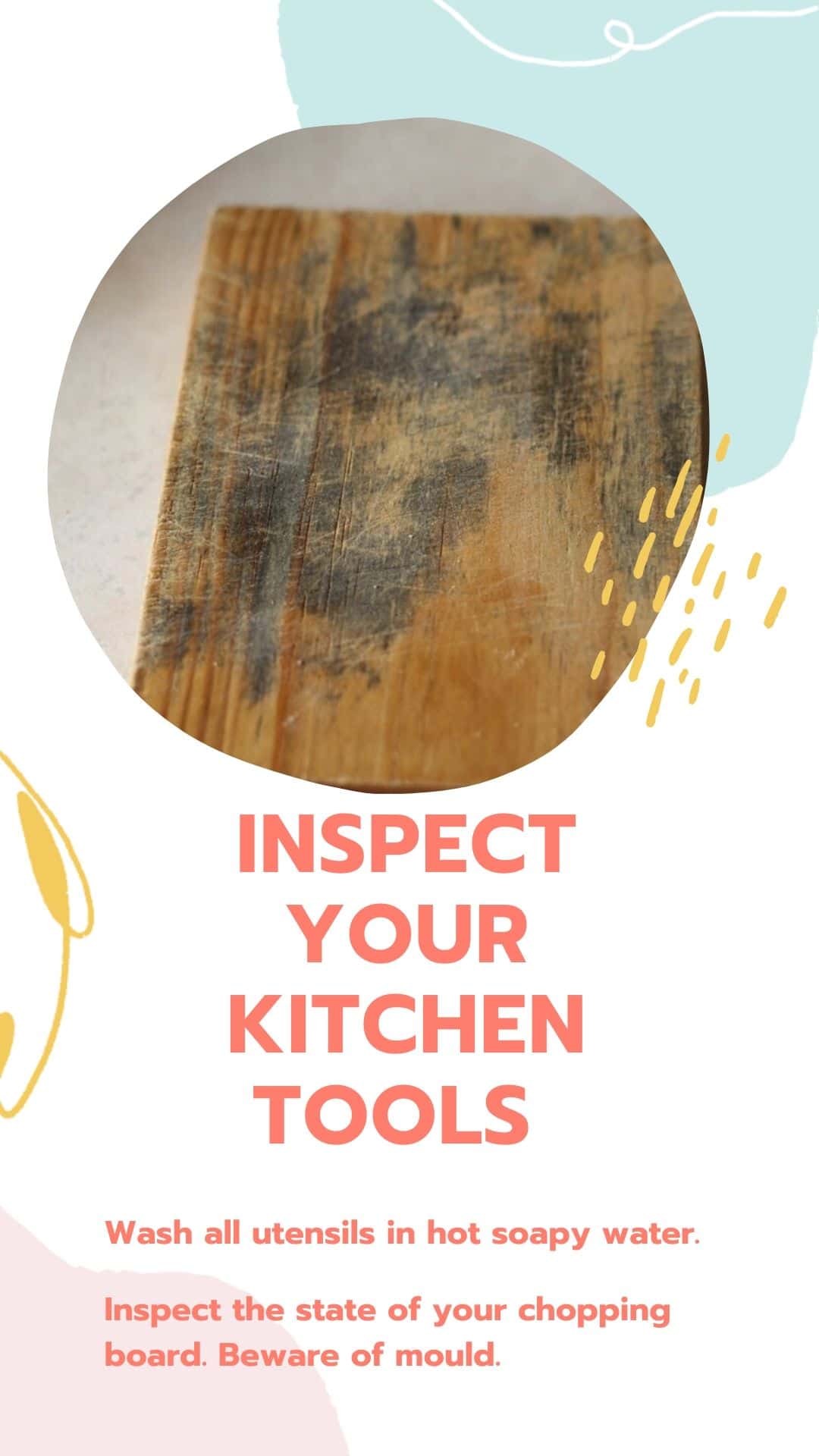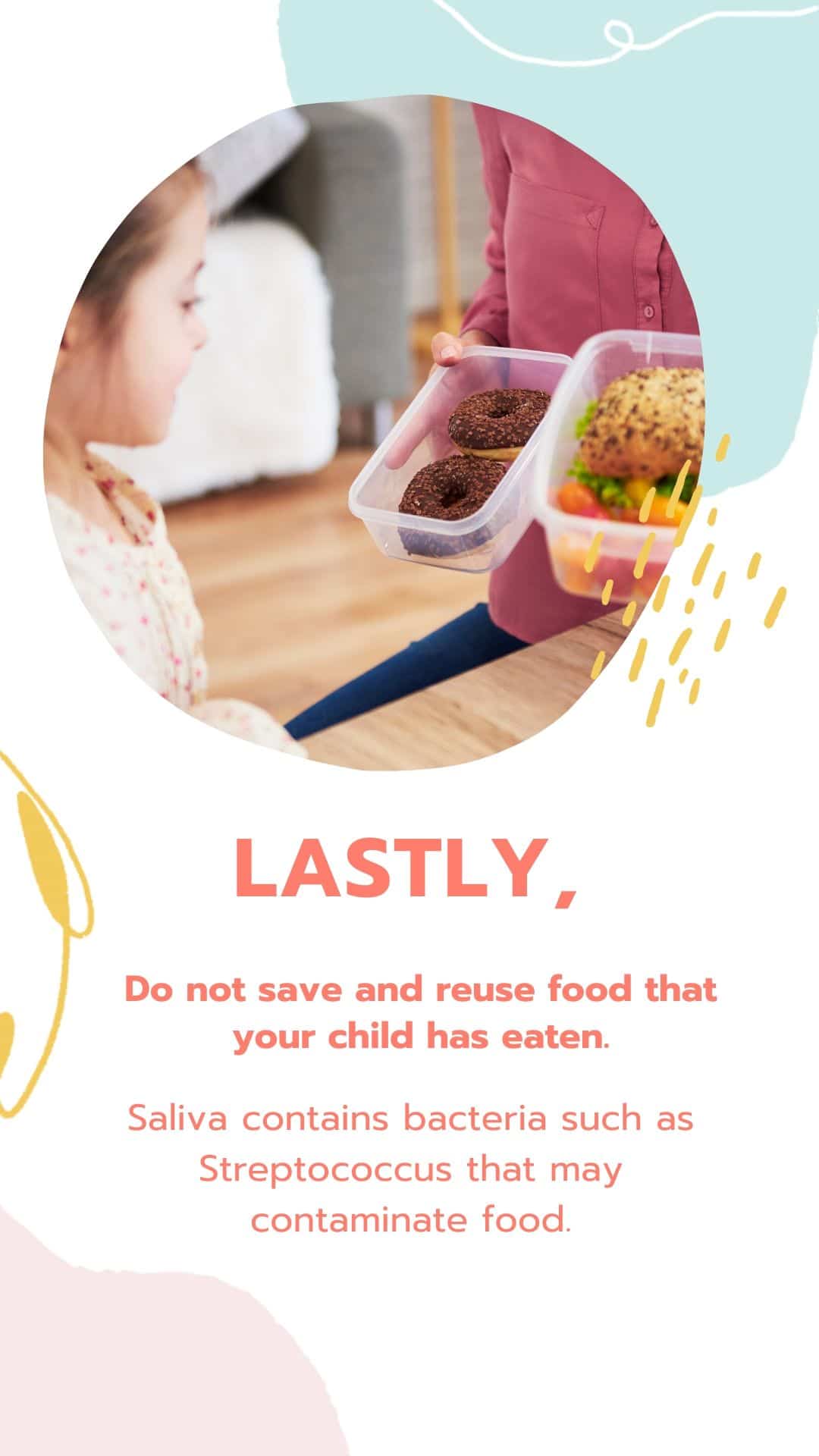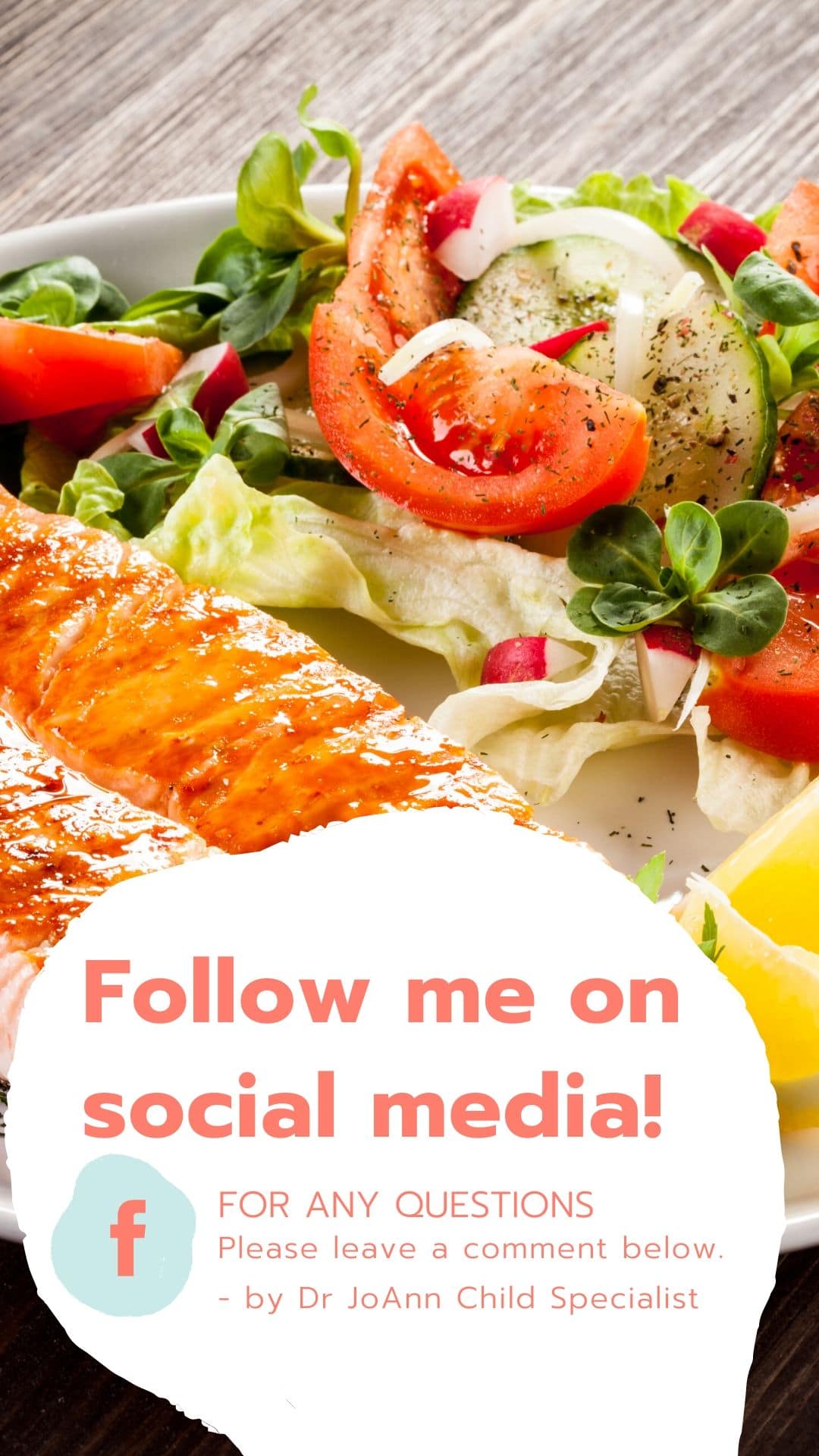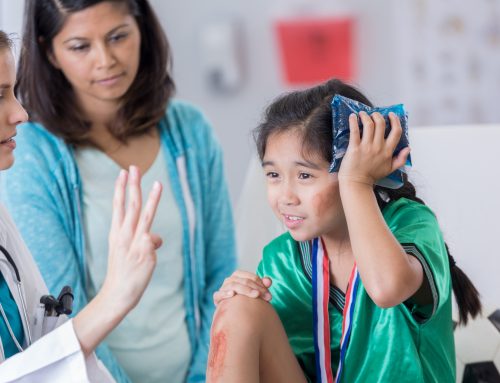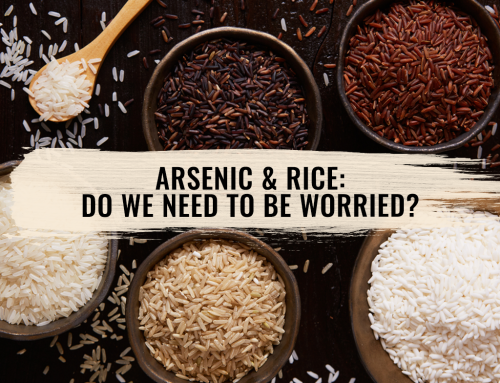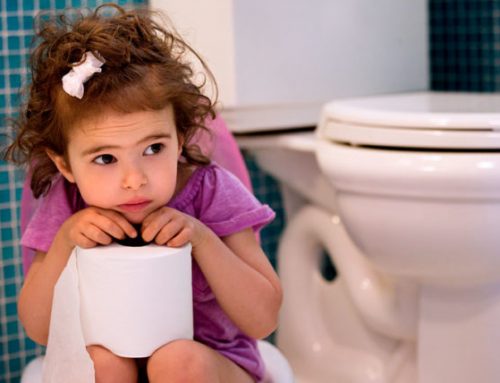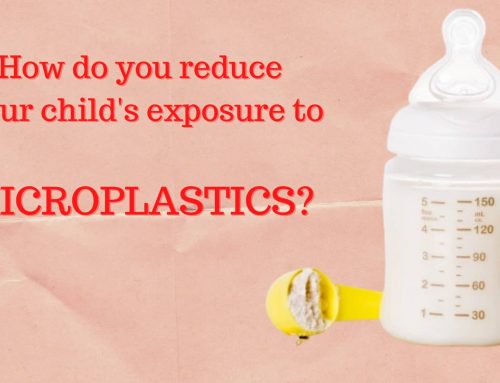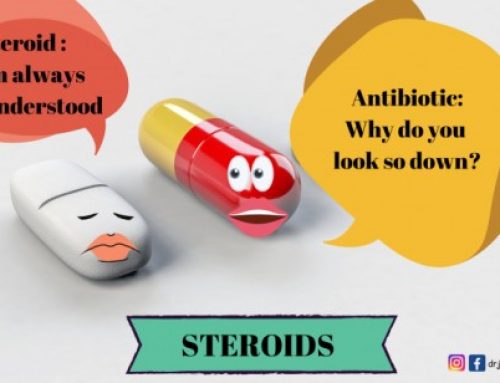Is your child secretly poisoned?
Thanks to the MCO, schools are closed and children are stuck at home resulting in fewer numbers of sick children. Surprisingly though, I am seeing more children with tummy upsets, vomiting and diarrhoea. Some of these affected children have been taking outside food, but the majority are consuming home-cooked food. Children and babies are vulnerable to bacteria causing food poisoning.
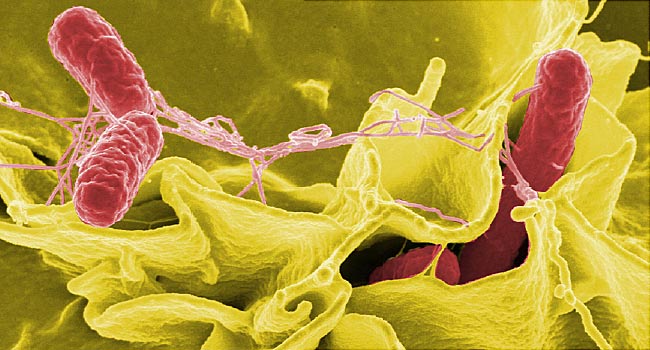
Salmonella infection (salmonellosis) is a common bacterial disease that causes food poisoning.
How to protect your child from food poisoning?
1. Wash your hands before preparing food and also after touching raw meat, chicken, fish, shellfish, vegetables and egg.
Sounds simple but many of us will forget to do so! How many of us wash our hands after cracking an egg before continuing with cooking? Various bacteria can be present on raw food, especially Salmonella, a bacteria that commonly cause food poisoning.
2. Ensure your children wash their hands, especially after these high-risk activities – playing with pets, going to the toilet and before eating.
3. Keep any pets away from food or surfaces where food is prepared or eaten.
Dogs and cats are popular pets at home. Although well-vaccinated, they can also harbour various bacteria, viruses, fungi and parasites that may infect humans. In general, reptiles and amphibians (snakes, frogs, turtles lizards) should not be allowed as pets in any household with babies and young children (especially less than 5 years).
4. Thoroughly wash all utensils used for feeding in hot soapy water, and make sure chopping boards are kept clean.
When was the last time you inspected the state of your chopping board? Are there mould in the grooves, cracks and scratches of your chopping board? If mould is present, you can try cleaning with bleach or get a new chopping board altogether! Separating your chopping board according to its usage is also equally important. It would be best if you were not using the same chopping board for cutting meat and fruits to avoid food contamination.
5. Keep eggs and raw meat away from other food in the fridge.
Raw food should always be kept in a closed container and at the bottom of the fridge to prevent spillage unto other food. Eggs should be kept in a separate compartment to avoid contact with other food.
6. Do not save and reuse food that your child has half-eaten.
Always make it a good habit to scoop out just the right amount of food for your child. You can always add on if your child wants more later on. Saliva contains bacteria such as Streptococcus that can be passed to food. With time, this bacteria will continue to multiply increasing the risk of food poisoning. Another bad practice is tasting your child’s food using the same spoon or sucking on their bottle’s teat to make sure the food is of the right temperature!
7. Children should never eat raw eggs or food.
That includes uncooked cake mixture (I am guilty of this), homemade ice-cream, homemade mayonnaise or desserts that contain uncooked eggs.
8. Consume bottled drink or packet within 3 days after opening.
Some of these precautions may sound rather simple. However, it is the little things like this that can accidentally cause our children to suffer from food poisoning. Contaminated food may look and smell normal. Hence, it is always important to practice safe food handling practices, especially when preparing food for our children.
References:
1. Children’s food: Safety and Hygiene www.nhs.uk
2. How to keep children healthy around animals https://www.cdc.gov/healthype…/specific-groups/children.html
Related articles :
https://drjoannchildspecialist.com/risks-of-vitamin-d-deficiency/
https://drjoannchildspecialist.com/fruit-juice-for-children/
INTERESTED IN PARENTING ARTICLES?
We have the right articles just for you.
“There is no such thing as a perfect parent. So just be a real one.” – Sue Atkins
